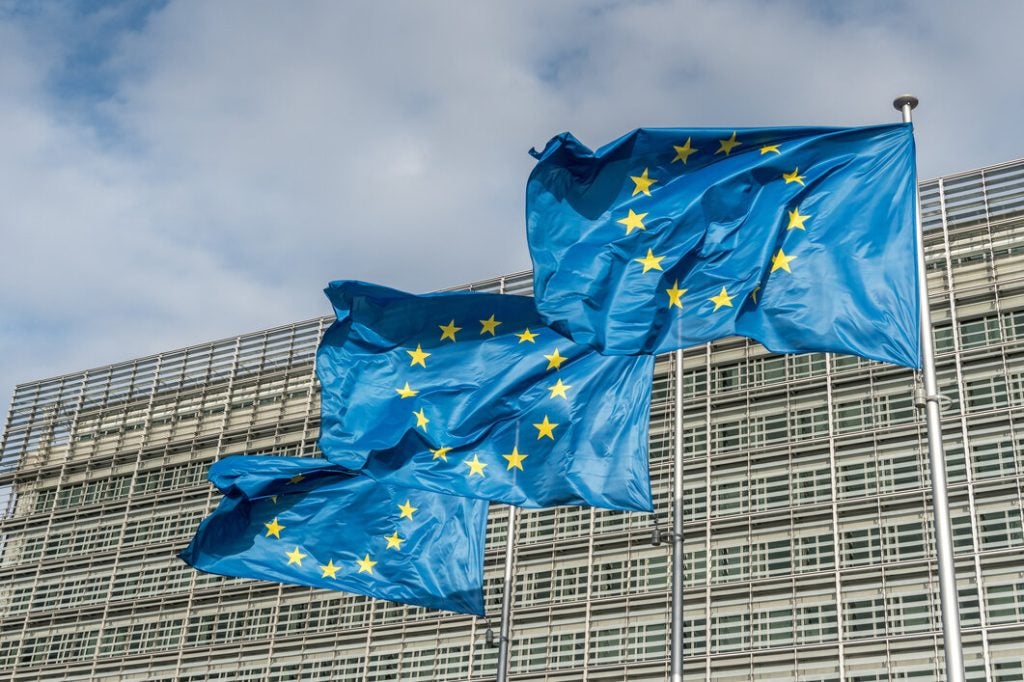The EU must aim for a near-total reduction of greenhouse gas (GHG) emissions by 2040 if it is to maintain its net zero by 2050 target.
The target comes from a new report from by the bloc’s own science and climate change advisory board published on Thursday. The report recommends that to meet its targets, the EU must keep its GHG emissions budget within a limit of 11 to 14 billion tonnes of CO2 equivalent (GtCO2e) between 2030 and 2040. To achieve this, total emissions must be reduced by 90-95% by 2040, compared with 1990 levels.
This target is consistent with the Paris Agreement’s long-term objective of limiting global warming to below 1.5°C. It also lies within the EU’s 2050 climate neutrality target, and in line with EU values and principles, the report’s authors write. “These reductions are essential for mitigating climate risks and achieving a sustainable future,” they added.
The recommended 2040 target and 2030-2050 carbon budget can be realised by starting with the achievement of the current 55% reduction target by 2030, according to the report. Additional short-term emission reductions would further decrease the EU’s cumulative emissions until 2050, and thus better balance the EU’s contribution to global mitigation against its historical emissions.
The research collected and analysed over 1,000 EU emission pathways and identified among them 36 scenarios consistent with limiting global warming to 1.5°C with no or limited overshoot and with the EU’s emission reduction objectives for 2030 and 2050.
The report placed emphasis on the role of renewable and low-carbon power technologies in achieving its targets. It also highlighted the potential for scaled-up carbon capture and direct air capture technologies in overall global emissions reductions. Large-scale uptake in electrification of vehicles and industry was also essential to all scenarios considered feasible by the advisory board.
“The Advisory Board’s recommendations underscore the need for bold and transformative actions to achieve climate neutrality by 2050 in a way that is both fair and feasible,” said Professor Ottmar Edenhofer, who chairs the EU’s climate advisory board.









